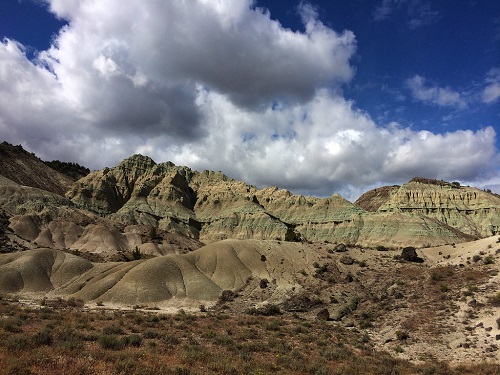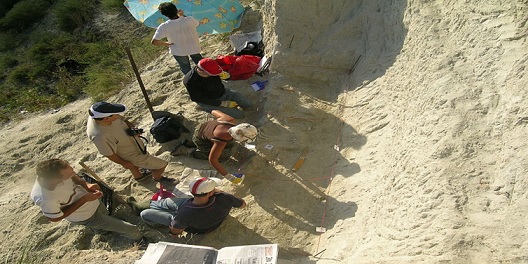Paleontology Assignment Help
Definition of paleontology
One single definition that defines paleontology is the study of past events with the help of fossils that have been discovered. But if we conduct a depth research, we will surely come to know that paleontology covers many other areas of study and it is beyond the findings on the past events.
When we use the word past, it seems like an enigma because we hardly know what happened, how things were at that time and how the transformation in the environment took place. But science has made it easy to re-locate the past events and get knowledge of past lives on the earth. Hence, all these study is covered under the major field of paleontology.

Before going deeper in understanding paleontology, it is important to have clear idea on fossils because paleontology and fossil are the two related term in science. Fossils are the remains of animals or plants that survived years ago which are found in the form of impressions. Thus, to learn about past events we must have some proof, only then the research work can progress further. Without any evidence, the finding would go meaningless and no hypothesis or research can come out to be effective. Fossils are therefore the evidence that tells the date, time, places of the event that have occurred.
The process of fossil formation varies depending upon the weather condition of that place. Some of them are:
- When organisms die and the body is buried on the surface of some hard substances like rock, overtime the piles of such rocks makes the impression of that animal.
- The carbon content remains as the fossil record whereas all other minerals get washed away.
- The flesh part gets dissolved whereas the hard part of the body remains.
- The cast and moulds are also a good example for fossil formation.
- Body when buried under soil and years after its traces when discovered.
Paleontology Assignment Help By Online Tutoring and Guided Sessions from AssignmentHelp.Net
Paleontology is concerned with all the forms of life whether its plants, animals or human beings. Therefore, the study that is conducted using fossils as the solid medium of confirmation can be called as paleontology. Paleontology is not all about studies of past events, rather to study those events and compare all the possible changes that have taken place, also comes under the sub-head of paleontology.
The person who does major in this field is called paleontologist. There are several sub- fields of paleontology and these fields have their name as per the fossil that has been traced. Some of these fields include:
Paleobotany: Botany means study of plants; hence this area is concerned with the study of plant fossil.
Micropaleontology: Micro means the smaller organism. Hence, this area is concerned with the study of fossil of miniature organisms.
Invertebrate paleontology: Invertebrates are the organisms that have no backbones in their body. Hence, invertebrate paleontology is the study of fossil of invertebrate.
Vertebrate paleontology: Vertebrates are the organism having backbone and study of their fossil is called vertebrate paleontology.
Human paleontology: The study of human race with the help of fossils is termed as human paleontology.

These are only few examples of the areas that come under the paleontological studies.
Assignment of fossil is not only based on the morphological appearance rather chemical and biochemical studies are combined with the paleontological datas to get more of the detailed informations. Presently, the progress in science has added even the depth to the research work keeping the genes, DNA, mitochondria under the major tools of study. So, students can pursue this field if they love discovering the past events and activities. There are few major tasks that are done by paleontologist which includes the following:
- Field work: Besides working in lab, paleontologist needs to do some field work in order to collect the sample in proper state. This means that the sample must not be destroyed and collected in its original form.
- Identifying and assembling fossils: Identification is the major step for the paleontologist. It involves locating the time period of existence of the organism, their eating habit, body system etc.
- Research work: After identifying the organism, it is important to trace all the obtained information with the available ones. This helps to link all the information and find more about the discovered fossil. Most importantly, all these findings need to be presented and shared with the public through the articles and research papers with accurate explanations and evidences.
These are some of the works that a paleontologist does thus, unfolding the mystery and adding some newly discovered informations in this field.
Student can find a satisfying and good job opportunity in this field which includes teacher, lecturer, researcher, museum, or state survey etc. It can be little tough and struggling to get a job in quick time period, but once settled students can surely aspect a good pay.
Image Reference: http://commons.wikimedia.org/wiki/File:Oldest_multi-cellular_animal.jpg
http://commons.wikimedia.org/wiki/File:Gruppo_Paleontologico_Tropeano_Durante_uno_scavo.jpg


